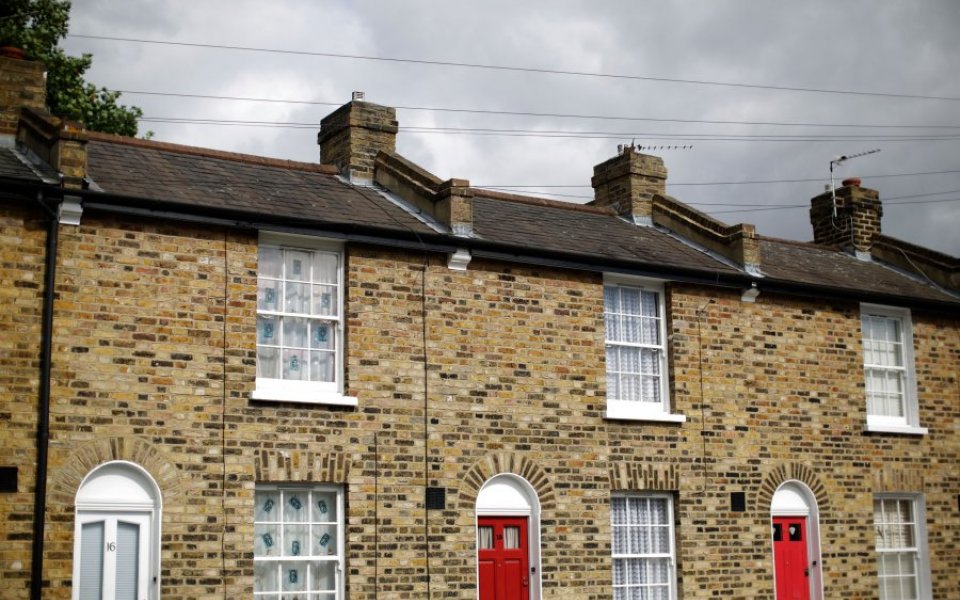Autumn Statement 2015: Stamp duty changes are a kick in the teeth and may be the final straw for some landlords

Today's big headlines may be about the tax-credits u-turn, but one of the most significant of the chancellor's announcements was the new additional rate of stamp duty on buy-to-let properties and second homes.
This additional three per cent will come as a kick in the teeth for landlords who've already had to cope with the loss of buy-to-let tax relief, which in some cases has already wiped out their profits. The ultimate goal may be to free up more housing for first-time buyers, but the short term effect may just be rent hikes for those currently renting – or less well-off landlords having to sell up.
Landlords must be feeling picked-on at the moment. Up until the last Budget, people buying to let had been able to claim tax relief on their mortgage interest payments at their marginal rate of tax.
Read more: Everything the chancellor announced today from Help-to-Buy- to potholes
This meant that a basic rate taxpayer would get 20 per cent tax relief, but those at a higher rate would receive 40 per cent relief, while top-rate taxpayers could claim 45 per cent. All that changed in the Budget, to a flat rate of 20 per cent, with the exception of holiday homes – so we can expect a rush for those.
This additional rate of stamp duty may be the final straw for some landlords.
George Osborne said he wanted to deter the buying-up of property by the super-wealthy living overseas, but that isn't who will suffer from this measure – it's the lower-end of the market who may be forced out of it, leaving more property for the super-rich to snap up.
Read more: Osborne continues to flog the dead horse of Help-to-Buy
Some landlords are already finding that on their existing mortgage deals they will now make a loss, not a profit.
Many pensioners too must be grinding their teeth – with the arrival of pension freedom, using one's pension pot to buy rental property was seen by some as a real alternative to a traditional pension, despite the extra complications and tax issues. Now this income stream is being squeezed for all but the very richest.
As for how landlords can bounce back from this, the options are pretty limited. One option is to place your property portfolio in a limited company structure.
You would then pay corporation tax rather than income tax on your profits, which might serve to offset some of the losses – but your mortgage options will narrow as fewer providers will lend to a company. Another way may be if you have a spouse who pays a lower rate of income tax – you could transfer one or more properties to them.
However, everyone's situation will be unique, so the best way to meet this new challenge is by talking it over with a financial adviser.